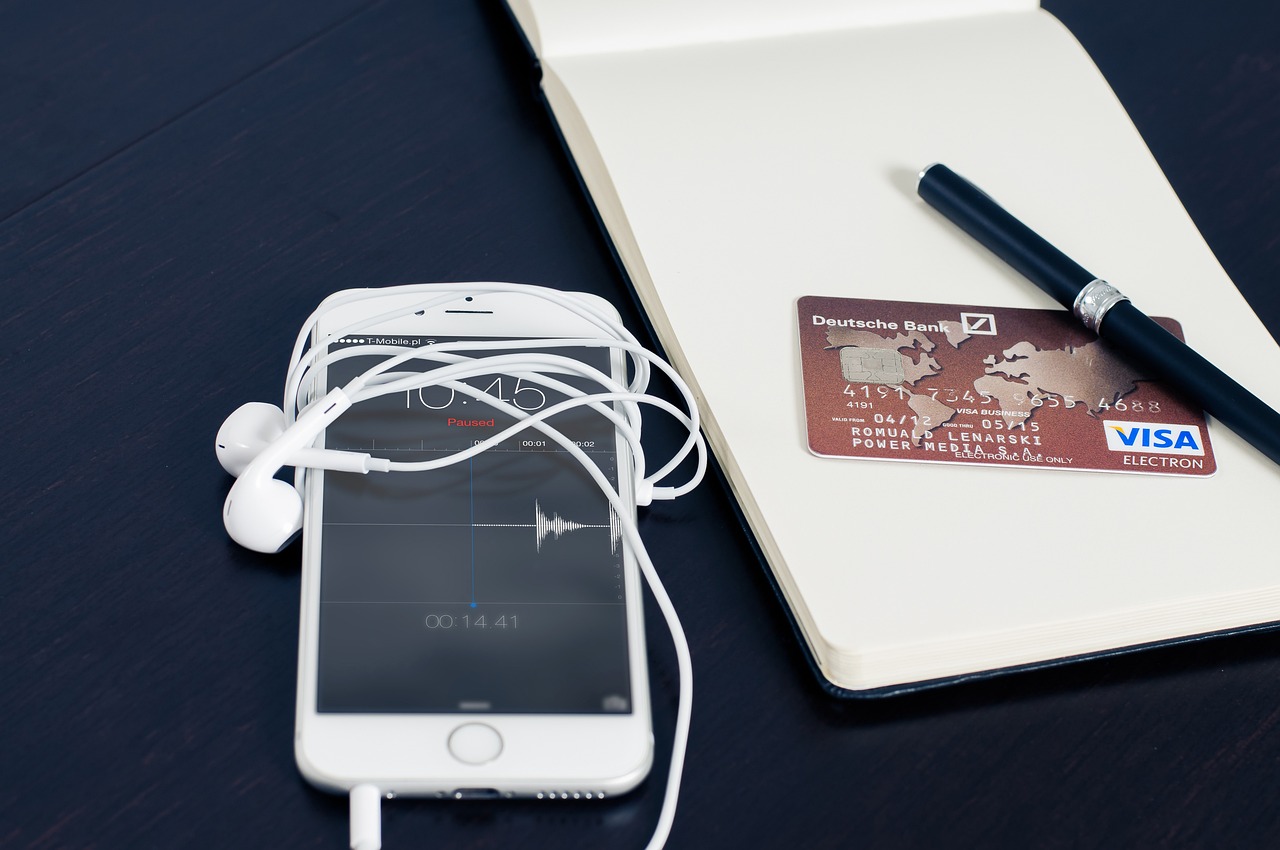
Deciding whether to use a credit card for various purchases, regardless of their size, is a crucial aspect of managing personal finances. This decision hinges on the nature of the purchase and the cardholder’s credit management skills. Here, we explore which purchases are typically suitable for credit cards and those where caution may be warranted.
Optimal Credit Card Expenditures
Let’s delve into the types of expenses that are generally advisable to charge to your credit card, assuming you can manage the payments effectively.
Travel Expenses
Credit cards are often the preferred method for booking travel-related expenses, as recommended by many fiduciary financial advisors. Airlines, hotels, and car rental services usually require a credit card for reservations and payments. This is particularly true for international travel. When a debit card is used, it may result in a temporary hold on funds in your bank account, restricting access to that amount until the hold is lifted.
Online Shopping
For online purchases, using a credit card is advisable. It offers protection against fraudulent charges. If you spot an unauthorized transaction, you can report it to your card issuer. During the investigation and resolution process, you’re typically not held liable for the disputed charge.
Routine Retail Purchases
For everyday purchases at grocery stores or pharmacies, using a credit card is a practical choice. Financial advisors often suggest this method, but also recommend using cash in these establishments if you’re trying to adhere to a strict budget.
Large, Affordable Purchases
Consider the scenario of an individual with a $11,000 fund allocated for backyard improvements, contemplating a $4,000 patio set purchase. Such a large purchase, when you’re confident about paying it off promptly to avoid interest, is a sound use of a credit card.
Credit Card Charges to Reconsider
There are certain purchases where using a credit card might not be the wisest choice.
Vehicle Purchases
It’s generally inadvisable to charge large purchases, such as a car, to a credit card. Cash payments can often secure a discount that outweighs any credit card benefits.
Farmers Markets and Small Vendors
Many small vendors, including farmers markets, either do not accept credit cards or charge additional fees for their use. For small purchases, this fee can significantly inflate the effective cost of the item.
Medical Bills
Charging medical bills to a credit card transforms them into credit card debt, subject to standard interest rates. This bypasses the benefits of newer credit protections for medical debt. Advisors suggest negotiating a payment plan with the medical provider as a more financially prudent alternative.
Rent Payments
Using a credit card for rent can lead to finance charges, potentially offsetting any rewards or cash-back benefits.
Guidelines for Credit Card Charges
If you’re unsure about charging a purchase to your credit card, assess whether you can pay off the balance in full and on time. Late payments incur fees and interest charges, and carrying a balance means paying more in the long run than the original purchase price.